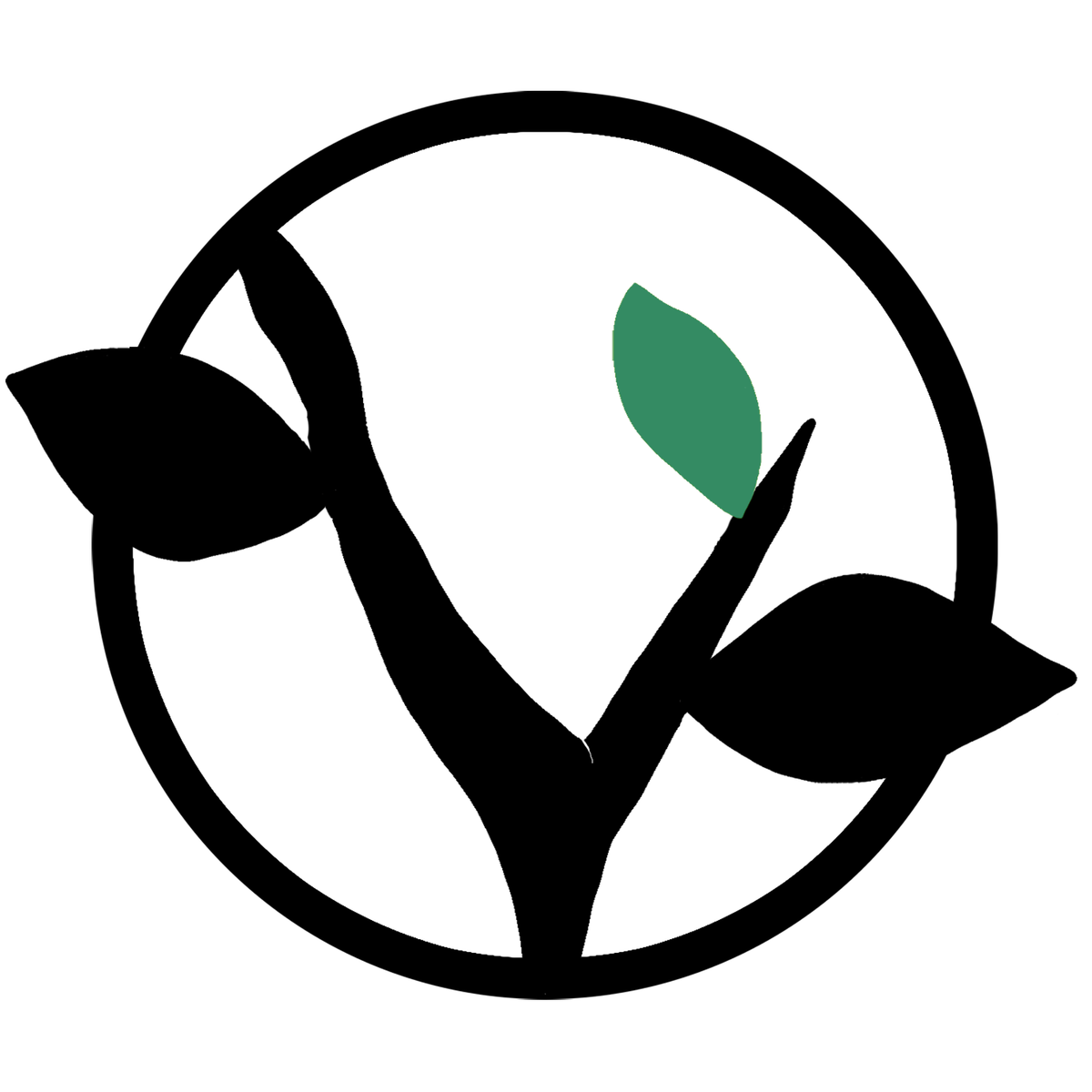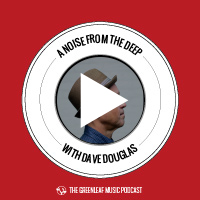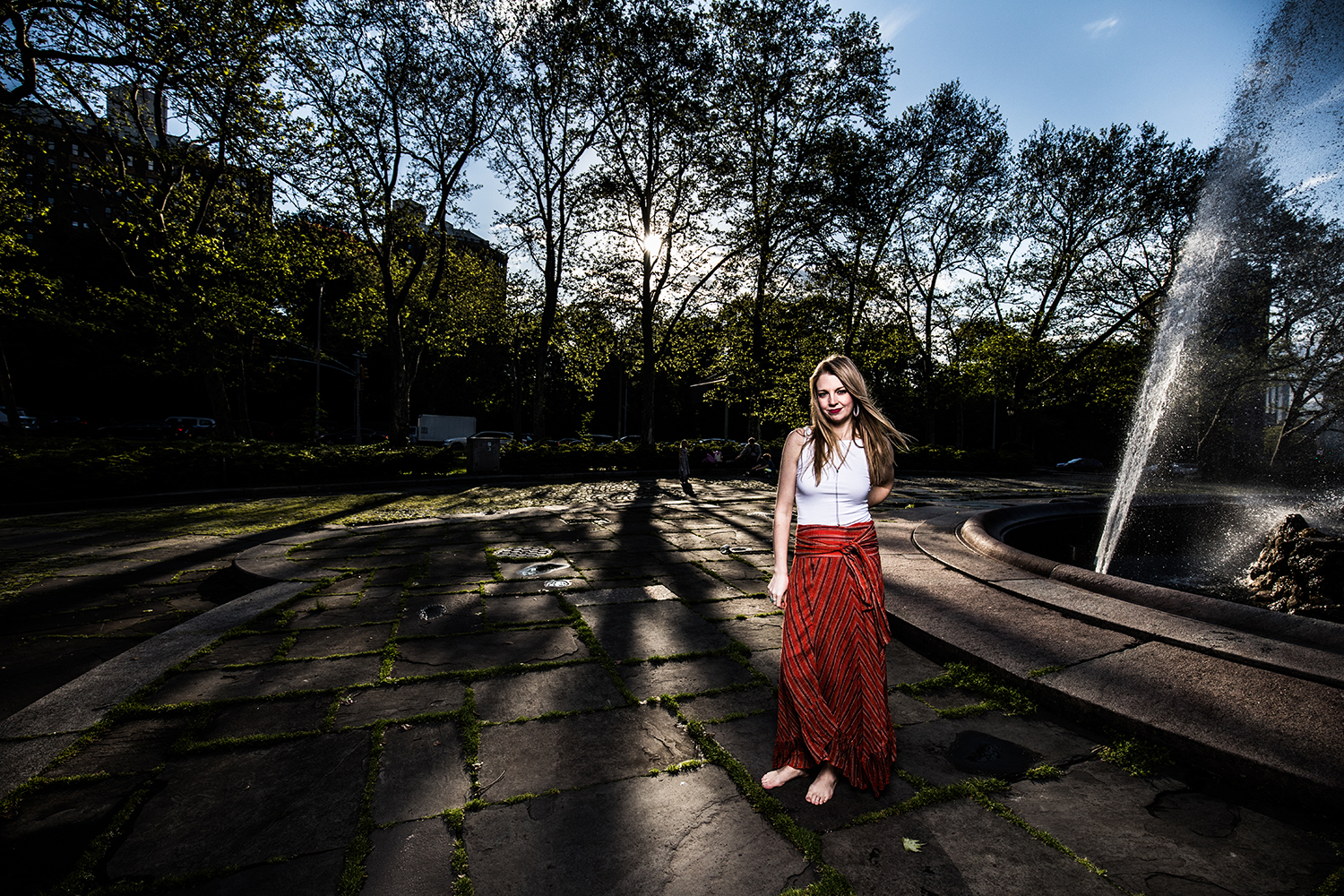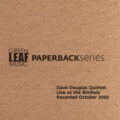ANFTD #78: Aubrey Johnson Episode Epilogue

Dave follows up with Aubrey Johnson to clarify some things they passed by in the main episode. Aubrey found a clip, courtesy of JAZZIZ magazine, of Lyle Mays explaining his signature synth sound. Thought we would convene from our isolated locations and share this.
Aubrey says:
Lyle Mays’ signature sound, which he often referred to as “Ocarina” (a type of vessel flute), was first created by Lyle using an Oberheim Four-Voice analog synth, which he later reprogrammed on the Prophet 5.
Here is the quote from Lyle’s email:
“My signature synth sound was based on structure and the structure I had in mind was the flutophone [ocarina] cacophony I had experienced in grade school. I noticed that in my class, some of the kids nailed each note on the button, while others started wildly out of pitch and then struggled to find the right fingerings or otherwise attempted to blend with their classmates. I had always found this duality interesting, so I simply built a two-part sound where the first part started on pitch and the second part started out of tune and then faded into tune. I basically made a single synth sound a bit like a child’s ensemble, but the main point is that I gave a single sound an ensemble quality. This is very important. I was thinking ensemble and orchestration even as I was creating a single synth sound.In my synth programming, structural thought is key… I am convinced it [structural thinking] transcends materials, era, style, and pretty much everything. Once you identify the structure of anything, you can recreate it with your own personal touches and nobody need know where the original impulse came from. If one copies a style, one will be open to criticism and comparisons and rightly so. But if you can uncover structure, and build from there, you will only sound like yourself. I swear. It’s like magic.”
Subscribers have access to an additional interview segment with Aubrey talking about the work of Egberto Gismonti. Click here to listen to this exclusive content.
Please support this podcast and Greenleaf Music by subscribing to our exclusive series of recordings. Join us and join all our artists and creative endeavors sustainably and equitably here.
Visit our podcast page.
Edited by Geoffrey Countryman





